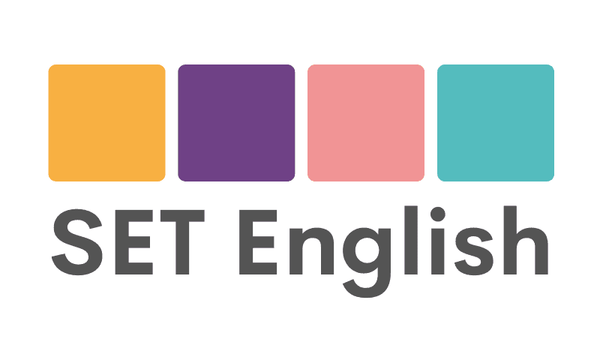
Results – Linkers with Verb Phrases
Using linkers is a key part of OET writing. However, it is not always easy! Below is a simple guide to using cause and result linkers:
When you want to connect ideas in a sentence (adding clauses) then you should consider the below:
1) Remember what linkers do: They connect ideas, so make sure you are connecting ideas logically.
For example, this is not logical: I didn’t bring an umbrella because I am wet.
2) Linkers often have different grammar: Sometimes they are followed by verb clauses and sometimes they are followed by nouns.
3) Linkers have different functions: Cause, result, contrast, addition, extra information, sequence….
Here is an example of using a linker:
|
Paul is hungry. |
Paul did not eat breakfast. |
|
Paul is hungry because he did not eat breakfast. (two verb clauses / focus – cause) |
|
Here is a table that shows cause & result linkers that are used with verb clauses. A verb clause is a section of a sentence that contains a subject + verb or an object + verb.
|
Cause |
Result |
||
|
Linker |
Example |
Linker |
Example |
|
because |
Mr Johnson is being discharged because he has made good progress. |
Consequently,
|
Mr Johnson has made good progress. Consequently, he is being discharged. |
|
due to the fact that |
Mr Johnson is being discharged due to the fact that he has made good progress. Due to the fact that he has made good progress, Mr Johnson is being discharged. |
As a result,
|
Mr Johnson has made good progress. As a result, he is being discharged. |
|
and as a result, |
Mr Johnson has made good progress and as a result, he is being discharged. |
||
OET Example: Mr Smith / commence / statins / high cholesterol / test results
Focus on cause: Mr Smith was commenced on statins because his test results revealed high cholesterol.
Focus on result: Mr Smith’s test results revealed high cholesterol and as a result, he was commenced on statins.
This is just a simple start to using linkers in OET. If you’d like to check out the explainer video it is here.
Keep on studying!
Paul

2 comments
Very nice. Great teachers giving their best for students.
Very nice. Great teachers giving their best for students.